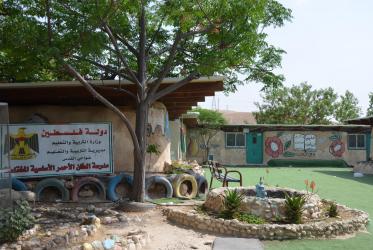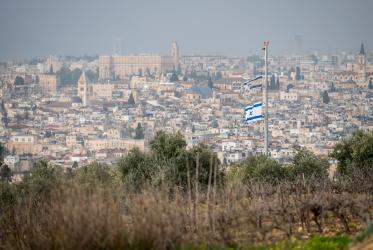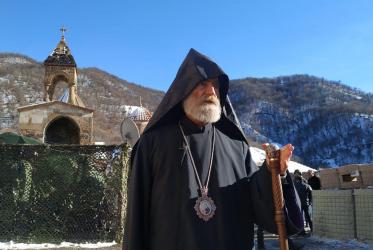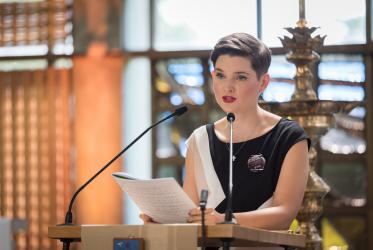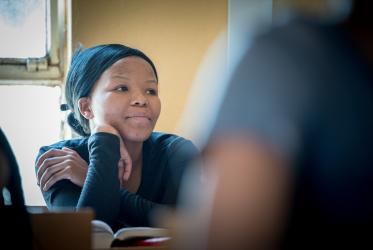Displaying 721 - 740 of 1094
01 April 2021
Bedouins of Pope’s Hill fight eviction
30 March 2021
East Jerusalem: Denied citizenship and the vote
30 March 2021
Vaccination hesitance poses yet another challenge
18 March 2021
African Churches mark International Women’s Day
09 March 2021




